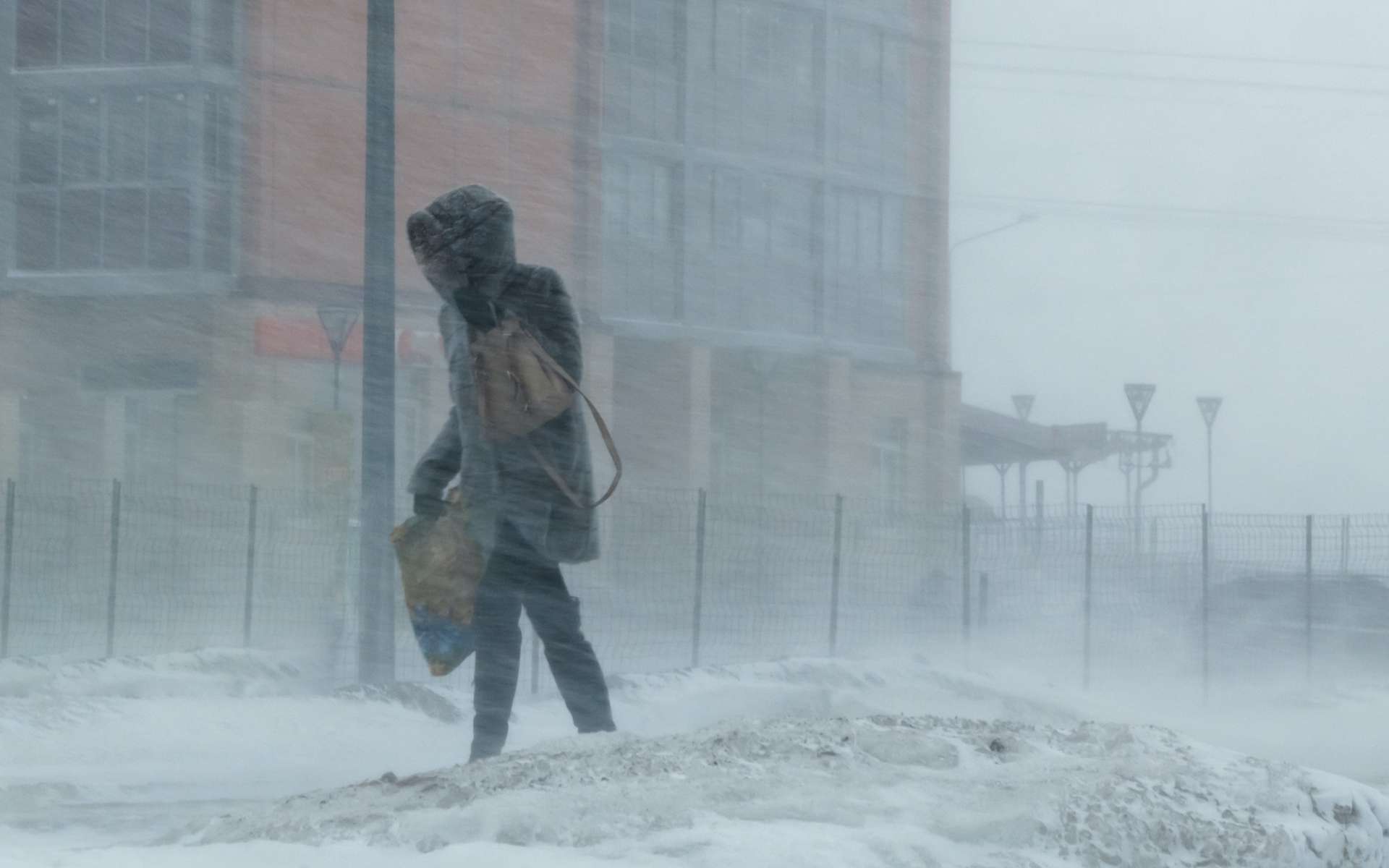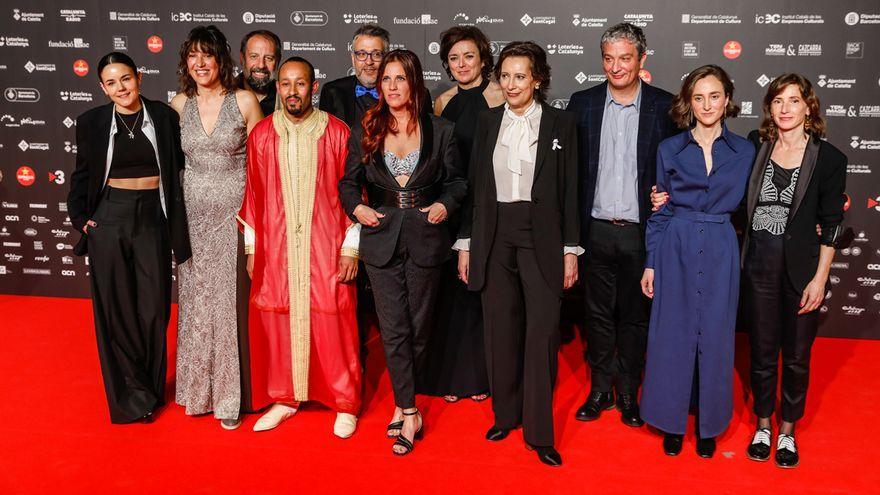VIDEO"/>You may also be interested
[EN VIDÉO] Should you eat fat when it’s cold? In winter, the body must make more efforts to fight against the cold. But if it may seem logical to eat more fat, this statement does not really hold with our current lifestyles.
—–
The cold settles over a large part of Europe until next Thursday. With an anticyclone stalled over the British Isles and a depression in the Mediterranean, the wind will shift to the northeast. “Moscow-Paris” is the name of a cold flow and dry from Russia: this atmospheric current impacts France with a severe cold snap on average once every 3 to 4 years. The most significant of the last 10 years is undoubtedly that of February 2012, which had lasted 13 days, with extreme temperatures of up to -18°C in the Paris region and -14°C in the Landes. Over the next few days, the temperatures won’t drop as low in France, they will simply be 3°C below the average for the season. No exceptional values are expected in France, but this change in weather will still mark the return of morning frosts over almost the entire country between Sunday and Wednesday.
A catastrophic cold snap hits Ukraine
Our country will remain on the sidelines of the great cold that will affect eastern Europe. In Ukraine, on the other hand, the weather report will risk aggravating the already catastrophic situation many inhabitants: mercure will go down day by day throughout the week. Between Thursday and next Saturday, all of Ukraine will be affected by temperatures between -10 and -18°C. In the capital Kyiv, -15°C is expected on Friday. This cold snap is expected to last about 10 days across Eastern Europe.

